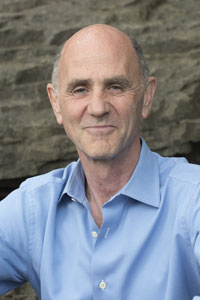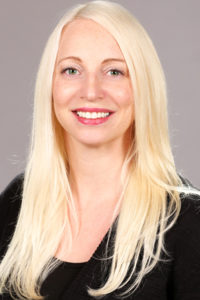
Dr. Tom O’Connor is internationally recognized for his communication, facilitation, and cultural-change skills in the specialty area of criminal justice.
A native of Ireland who now holds dual citizenship in the U.S., Tom has earned multiple degrees in law, philosophy, theology and counseling. His PhD thesis focused on Religion and Culture in the U.S. Penal System. Tom currently assists the National Institute of Corrections with the implementation of pretrial reform across the US as a member of its Pretrial faculty. In addition to his best-in-class consulting work, Tom is also a professor of criminal justice at Western Oregon University.
In his role as the Administrator of Religious Services for the Oregon Department of Corrections, Tom led a team of 24 chaplains and over 2,000 volunteers to develop the Oregon model of humanistic, spiritual, and religious prison chaplaincy. He conducted and published research to show that the model reduces recidivism. The model was featured on National Public Radio and in an award-winning film by Martin Doblmeier called Chaplains.
Tom is co-author with Brad Bogue of a new coaching Practice Model that combines five evidence-based practices. The model is called COVE: Coaching Options that are Versatile and Effective. COVE is a developmental model that works in all human service contexts. It is used by managers to coach staff and by staff to coach clients. Tom uses COVE and other practices such as the Immunity to Change process in his coaching of executives.
Tom’s cutting edge work on facilitating whole system change takes him to many states in the U.S. and to countries including New Zealand, Canada, Australia, England, Ireland, and France. His company, Transforming Corrections, challenges and supports criminal justice agencies to be more compassionate, collaborative, and achieve better outcomes. Transforming Corrections uses the most innovative change strategies to develop improved culture, leaders, teamwork, dialogue, coaching and implementation science skills.
Tom is life-long learner with a unique perspective on the human condition. He grew up in a working-class area of Dublin and lived as a friar (a wandering monk) for nine years with a Catholic religious order called the Carmelites. Tom currently lives in Oregon with his wife and daughter.

